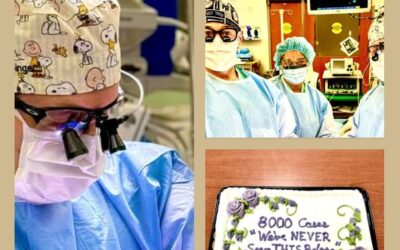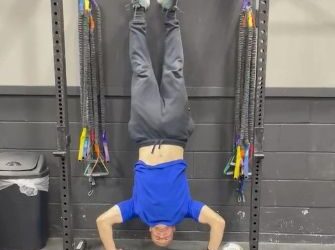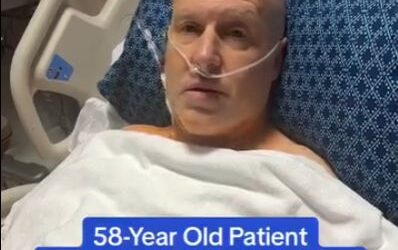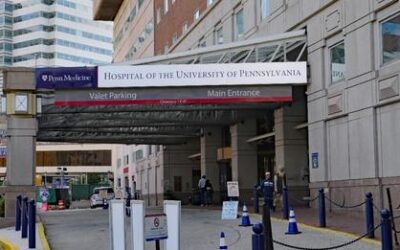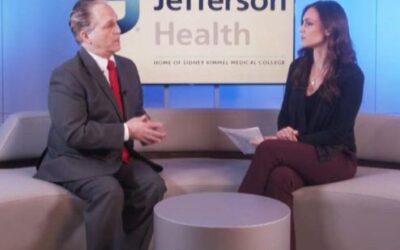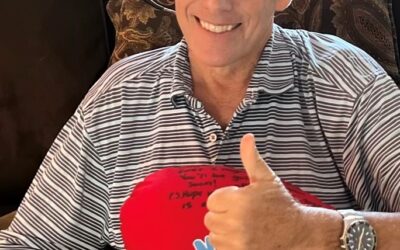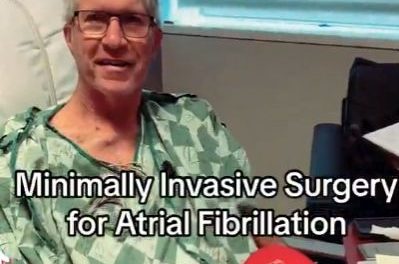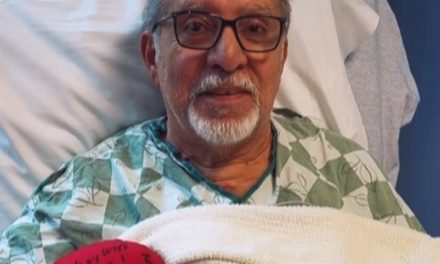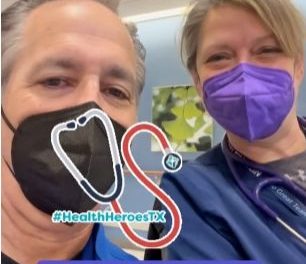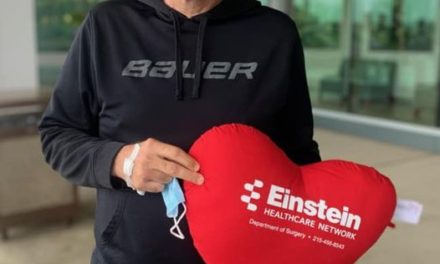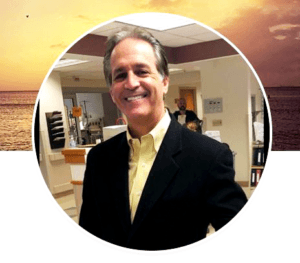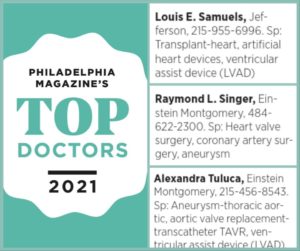With permission from the patient to post, this 38-year old man’s story is emblematic of a growing number of young adults suffering heart attacks from premature coronary artery disease.
Why are we no longer “young at heart” in America? The Framingham Heart Study reminds us of the importance of six risk factors for cardiovascular disease: High total cholesterol, low HDL, high blood pressure, diabetes, obesity, and smoking.
While family history and genetic predisposition are important, we are seeing a massive increase in obese young adults who lack exercise, with signs of advanced metabolic syndrome—then, add in today’s stress and seemingly endless world crises, we now have the perfect brew for premature inflammatory vascular disease, heart attacks, and sudden death.
Education remains the key. A recent Harvard survey of more than 4,000 individuals, with an average age of 30, found that over 65% of these young adults were unable to identify ANY of the six major cardiac risk factors. That’s a striking finding and one that we can change with better education and mentoring.
Families need to instill healthier habits in their children at a younger age and encourage their children to adopt an attitude and focus on lifelong well-being. Schools and colleges would do well to provide mandatory health courses and promote healthier activities and better food options on campuses. Corporations and businesses would also see better productivity from their teams if a focus on healthier lifestyles becomes an integral part of their business model.
Unfortunately, it’s going to take time, effort, and funding to turn around the health of our youth in America. Until then, we might expect to see more cases like the one illustrated in this video.
Recent Posts
8k Cases Milestone
#8,000 is on the books! It’s an honor to have achieved this milestone across two esteemed healthcare institutions—Lehigh Valley Health Network and now at Jefferson Health. One thing I know for sure is that success in heart surgery can only come from the team that...
Handstand 10 Weeks After Surgery!
One of the most common questions of patients is to know what activities they can do after heart surgery. I tell them no driving for 4 weeks, no lifting more than 10 pounds for 10 weeks, but often I quip that once they are healed, “they can do handstands.” Apparently,...
Mitral Valve Repair Patient Talks About His Surgery
With permission from the patient to post, this 58-year old man was passionate about going to the gym daily, but he began to notice that he had decreasing exercise tolerance, along with worsening shortness of breath and a new persistent cough. He was found to have...
Jefferson Health: Ranking in 2024
Jefferson Health is ranked 46th out of 2,400 hospital systems in the world, 2nd in Pennsylvania, close by Penn. Looking back at my career, so fortunate to have graduated from Penn Med, trained at Department of Surgery at Thomas Jefferson University Hospital, and now...
Jefferson Heart Health: “The Heart of the Matter”
Below you can listen to my interview on CBS News Philadelphia with Ashley Harder on topics for Heart Month 2024. Recent PostsFeaturedPages Learn about heart valves. Heart Valves Read testimonials. Testimonials Did you know I have a...
Triumph on the Fairway
After unexpected heart complications, Mike Guro shares his inspiring recovery story - crediting the nurses' dedication, advanced technology, and Dr. Raymond Singer's exceptional surgical expertise at Jefferson Einstein Montgomery for giving him a second chance to...
Featured
Pages
- Learn about heart valves. Heart Valves
- Read testimonials. Testimonials
- Did you know I have a consulting firm? Singer Heart/Lung Consulting
- Check out my TedTalk! Defining Success
Links
- Links page with more information about your heart. Links
- Dr. Adam Pick's Site: heart-valve-surgery.com

